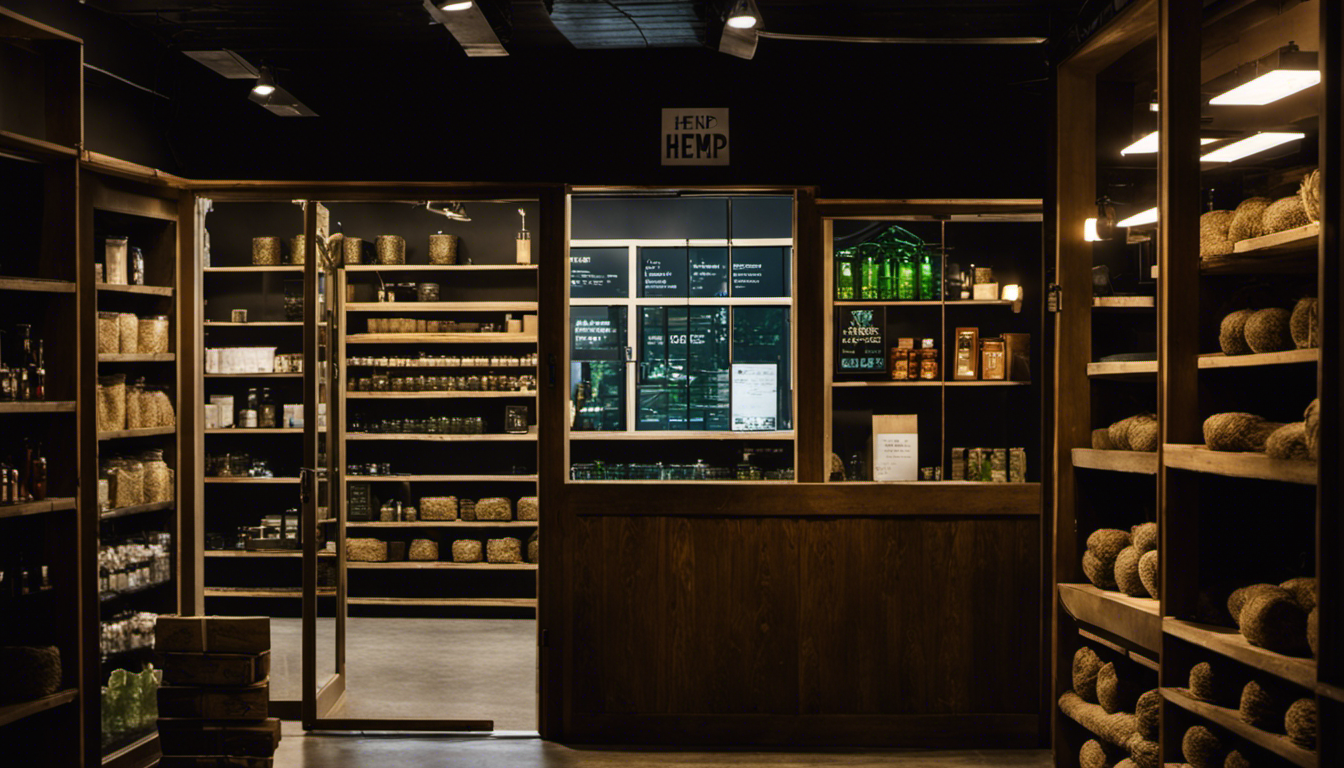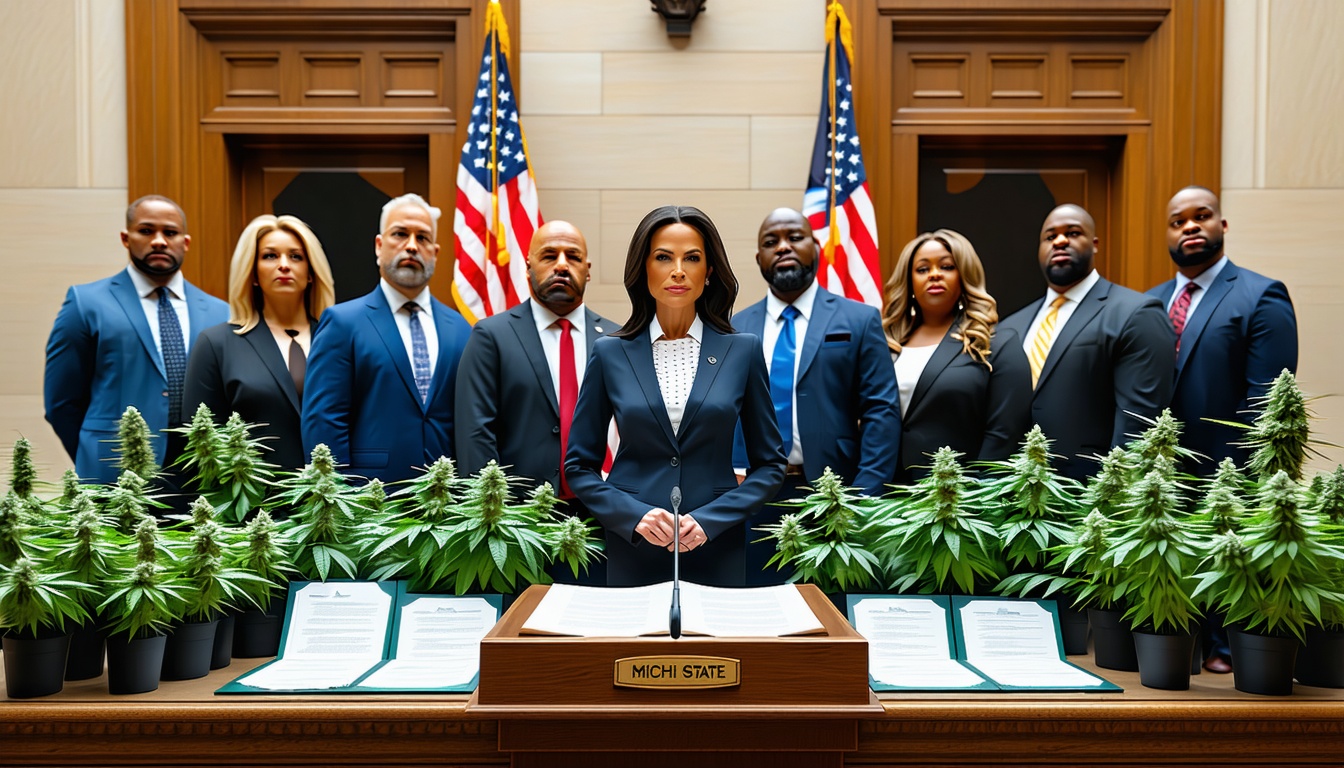Georgia’s Hemp Industry Faces Major Overhaul as New Regulations Take Effect
As of October 1, Georgia’s hemp industry will undergo a significant transformation with the implementation of new regulations. The changes, outlined in Senate Bill 494, the “Georgia Hemp Farming Act,” aim to protect consumers, particularly children, from misleading and potentially dangerous marketing. However, the new law has sparked concerns among hemp business owners, who fear it will harm their operations and ultimately lead to a black market.
One of the most significant changes is the ban on the sale of CBD products to anyone under 21. Additionally, the law introduces stricter licensing requirements, enhanced testing standards, and clearer product labeling mandates. The new regulations will also eliminate the 2019 Georgia Hemp Farming Act, which legalized certain cannabis and cannabis extracts as “hemp” if they contained less than 0.3% delta-9 THC.
Joe Salome, co-founder of The Georgia Hemp Company, expressed concerns about the impact of the new law on his business. With six stores across the state, Salome will have to remove most of the products from his shelves, including CBD, delta-8, and hemp-infused chocolate. He predicts that the changes will lead to a void in the market, potentially driving consumers to the black market and causing local businesses to struggle.
Salome also worries about the effect on his thousands of clients, who use hemp products for anxiety, chronic pain, and relaxation. He believes that the new law will limit their access to these products, which could have negative consequences for their health and well-being.
While Salome acknowledges that the new law will help to weed out “bad actors” in the industry, he is concerned about the increased operational costs and regulatory burdens that will be placed on hemp farmers and businesses. He predicts that some smaller stores and farmers will struggle to comply with the new regulations, which could lead to job losses and economic hardship.
The Georgia Medical Cannabis Society has also spoken out against the new law, describing it as a “labyrinth of compliance hurdles” that will ensnare farmers, processors, retailers, and consumers alike. The organization argues that the law will create uncertainty and financial strain for those involved in the hemp industry.
Despite the challenges posed by the new regulations, Salome remains optimistic about the future of the cannabis industry. He believes that regulated access to hemp will help to normalize its use and make it more widely available. However, for now, the industry is bracing for the impact of the new law and the changes it will bring












